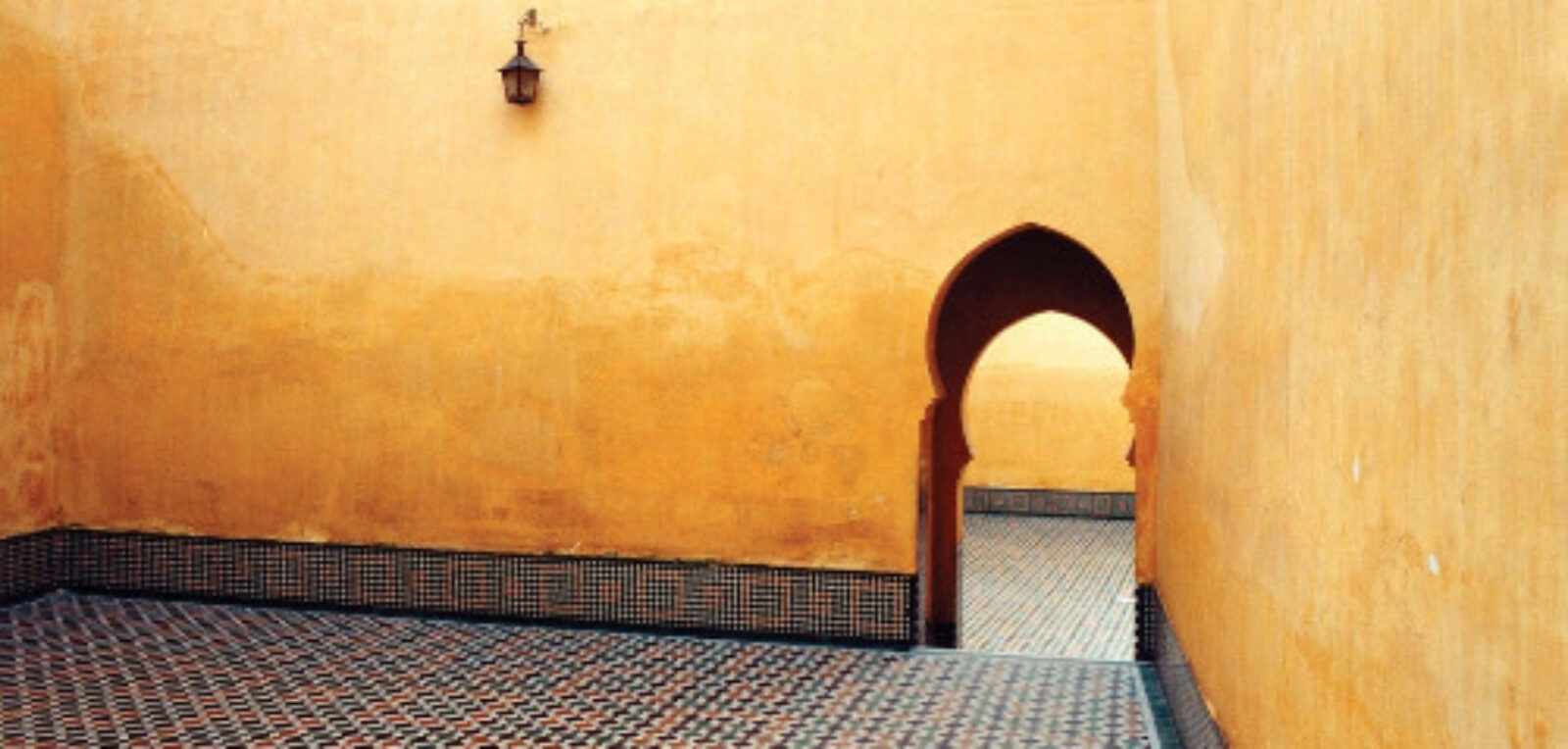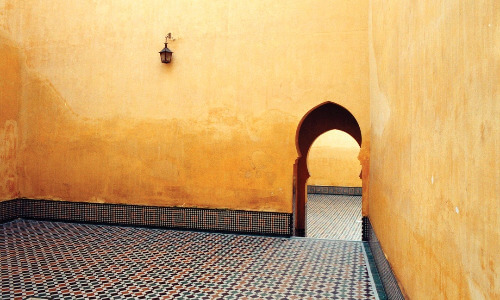Learn Arabic with these resources
To learn Arabic, you’re going need a way to learn correct pronunciation and the alphabet, a frequency dictionary to form your base vocabulary, and a good grammar book. You’ll also benefit from a thematic vocabulary book for specialized vocabulary and maybe a book or two, once you learn your first 1000 words. Make sure you read the Method sections of the website, then check out some of these recommended resources (pictures are links):
Alphabet and Pronunciation
Note: As a faster (and more effective) alternative to the following pronunciation resources, check out my Kickstarter project. It will make the first steps of Arabic much easier for you, because it takes advantage of how your brain works (and how to re-wire it) in a way that traditional tools just can’t.
First off, get a feel for how pronunciation works in English. The video tutorials here should help. Once you understand that, start working on Arabic. For self study, I’m going to recommend Whitewick and Gaafar’s Mastering Arabic series. It’s cheap, gets wonderful reviews, comes with CDs and it does just what I’d want a textbook to do – it starts with the alphabet and the sounds and builds from there. The first two volumes should take you all the way through intermediate level:
There’s another extremely cheap and ridiculously well-reviewed book about the Arabic alphabet that many learners have found really helpful – Awde and Samano’s The Arabic Alphabet. Given the difficulty of the language, especially due to its alphabet, I think it’s worth the extra ~$6. If you want to jump to free internet resources, check out Wikipedia’s Arabic Phonology page and Arabic Online’s alphabet guide. Once you get the theory, you’ll need some rec
If you have more questions about studying with Anki flashcards and learning Arabic pronunciation or vocab, there’s also the Anki language learners community on Reddit. You can even check out this Anki language learning blog for other Anki tips and tricks for learning Arabic.
Your base vocabulary
I’ve made a base vocabulary list of 625 words to start you off! As I talk about in that article, I find it easiest to translate those words using the short dictionaries at the end of a Lonely Planet Phrasebook; they’re cheap, short and give you good, standard translations for your words (just ignore the ridiculous pronunciation guides). Later, when you’re ready for sentences, you can go back to your phrasebook and grab some. After that, try some of these resources:
The Routledge Frequency dictionary series is excellent, with example uses and everything. Get this at the beginning to direct your vocabulary work! I haven’t been able to find a decent free online frequency list with English translations, and without the English, it’s not a feasible thing to start with. If you’re not going to get the Routledge dictionary, then just stick with the vocab you get from your grammar book. You can supplement that by choosing vocab you’d like from some well designed vocab lists like this one at the phenomenal arabic.desert-sky.net.
Book-type book
You can read anything that you enjoy. I’m a big fan of the Harry Potter series in translation, especially if you can find an audiobook version to listen to at the same time as reading. Here’s the first one.
Other Resources
You’ll need to learn to type. Your easiest best is the phonetic keyboard over at Yamli. As mentioned above, arabic.desert-sky.net is a wonderful website, with great grammar resources and one of the best links pages I’ve ever seen for a language. Rather than just copy/paste the links from there, just go there – you’ll find resources on grammar, dialects, the alphabet, reading sources, podcasts, everything. There’s an EU funded free online Arabic course here that has gotten fairly good reviews for a beginner course.
In terms of a good bilingual dictionary, the Hans Wehr dictionary is pretty uniformly recommended. As for monolingual dictionaries (which you should move to as soon as you can), try these free downloads: al-Sihah fi-al-lugha, Lisan al-‘Arab, and Nuja’t al-ra’id (Thesaurus). Another resource that might be helpful when creating an Anki deck is Arabic Studio. For Levantine Arabic, a reader highly recommends The Spoken Lebanese Verb Dictionary. Another reader suggestion is Lingualism, a reference site with spelling, grammar, and pronunciation for Egyptian especially, but also Levantine and Maghrebi dialects.
Intermediate Grammar Book
As you get more advanced, you’ll want to move onto a more comprehensive grammar book. Ryding’s Reference Manual of Modern Standard Arabic seems to be the most solid reference book out there.
Assimil
The Assimil series is a sort of special language learning resource that I discuss in a blog post here. It doesn’t quite fit into any of the categories above, and I think it works best as a sort of supplemental source of Arabic input. Here’s the beginner Arabic version with CDs. Get it used or with tapes (if you can play them), since it’s ridiculously expensive right now!
Dictionarist
Dictionarist provides translations, example sentences, conjugations, and synonyms for a number of languages including Arabic.
Try the Fluent Forever App
By the way, did you know the book is now an app. Check out our Fluent Forever app!
Discover our immersive method rooted in neuroscience designed to take you to fluency in < 30 minutes a day through four steps:
- 1. Train your ears with pronunciation lessons.
- 2. Learn vocabulary through images instead of translations.
- 3. Learn grammar naturally through stories relevant to you.
- 4. Practice your speech to fluency with native tutors.
Check out our Fluent Forever app!








